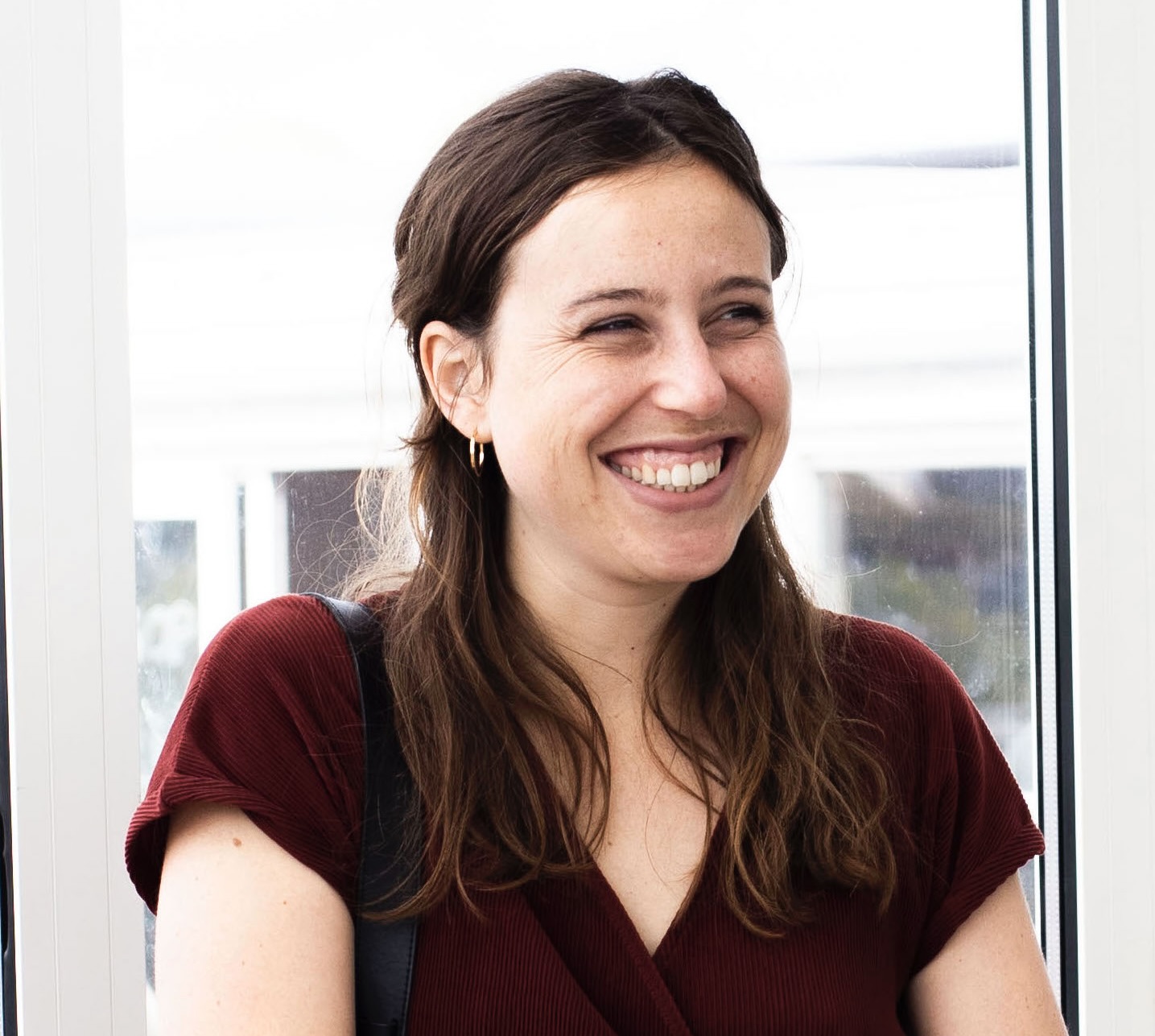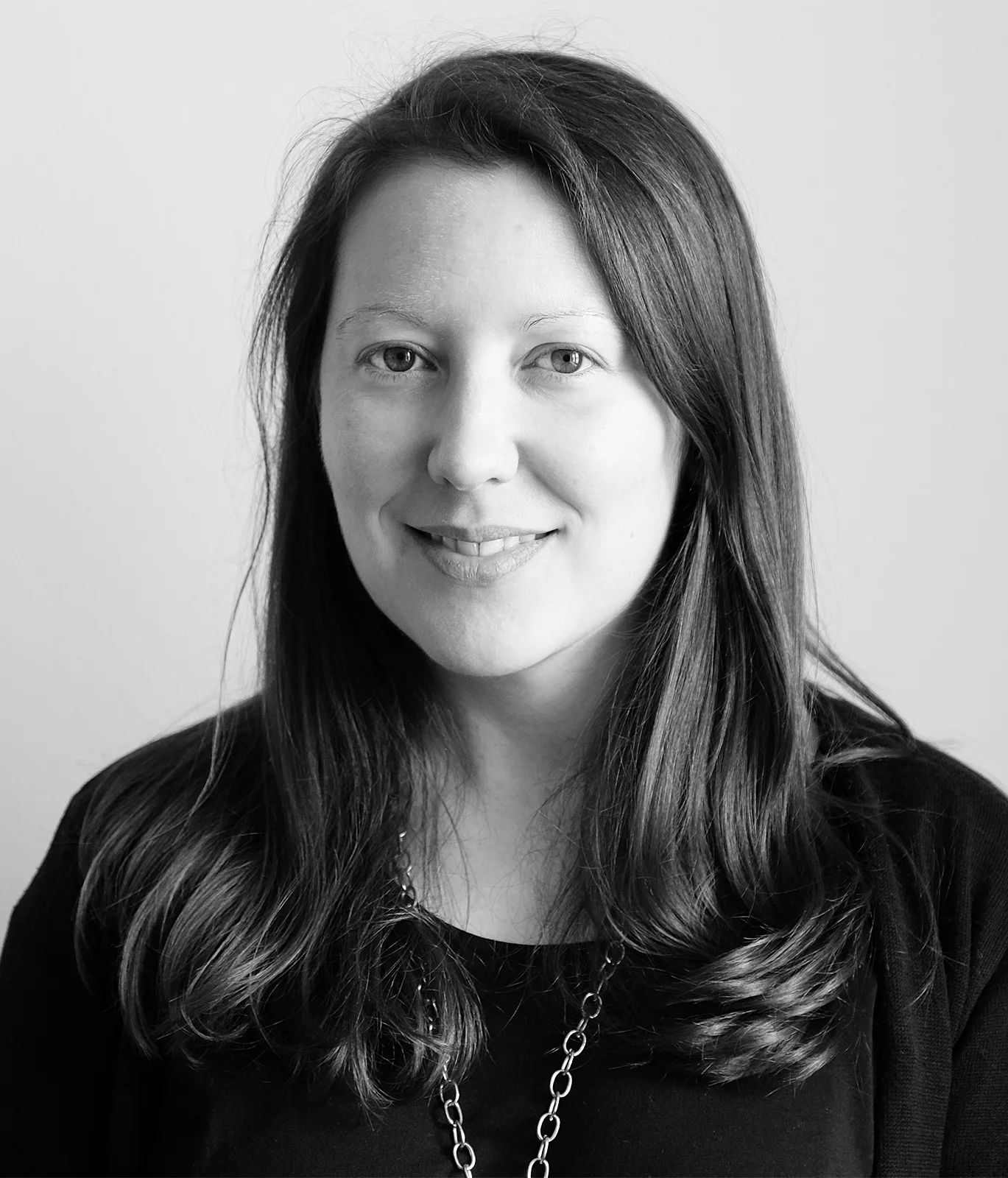
According to the Cambridge Dictionary, the term pride describes a feeling of pleasure and satisfaction someone feels when they, or people connected with them, have done or received something good. At university, I tend to experience pride in the achievements of others when I get taught by female professors. That’s the case as only 26 percent of professors at Dutch universities are women. Despite the first female Dutch professor taking up her post more than 100 years ago, women are still under-represented in scientific positions and the ratio of women to men becomes more unequal the higher the job level. Hence, everytime I get taught by a female professor, I am aware of the hurdles she has overcome throughout her academic career, which fills me with a sense of pride. However, do female professors feel pride themselves when reflecting on their academic career or might they experience resentment toward the system that has excluded so many others? To answer this question, Spiegeloog got in contact with Tessa Blanken and Yamila Martin Ferlaino.

Tessa Blanken
“Thinking about the last ~8 years of doing research – first as a PhD student at the Netherlands Institute for Neuroscience, and now as a postdoctoral researcher at the University of Amsterdam – what immediately comes to mind is the people I have worked with. I am proud and feel grateful for having worked with so many different people, learning from each and every one of them. When I first came to the NIN, I felt like a complete stranger in a different world. I had studied psychology, focusing on psychological methods, and here I was, in a world of brains and neuroscience. I felt like quite the outsider at first, but over the years I felt more and more comfortable to talk to all different researchers, working in different fields with different backgrounds and different research questions. And in the end I came to love these interdisciplinary collaborations. By talking to people in different fields, each with their own focus, I’ve learnt to always look at research questions from different angles, to combine expertises and to bring people together. In particular I’ve also liked how the group of people I come to work with is becoming more diverse, and also more women! It is very inspiring and empowering to have some great female role models – some of whom I work closely together with. So looking back, I feel proud of finding my own way and of all the enriching collaborations that I have because of it, making me forever curious and excited to do research!”

Yamila Martin Ferlaino
“Women in science. Should I mention the statistics about us? The very well-known obstacles and inequalities? Thus, within the current context, what makes me proud about being a woman in science? A simple response would be related to one of my career accomplishments. But that’s not really true. I am not proud. I am angry, frustrated and disappointed. I am angry because many bright and motivated girls don’t even have the opportunity to become women in science. I am frustrated because after years of activism we have still not achieved equal opportunities and equal pay. I am disappointed because policies have not made the impact they were supposed to. Not pride, anger, frustration and disappointment. Yet, I am grateful for all the women before me, and how they opened the way for us. I am empowered by my female colleagues from the scientific community I belong to, a group of scholars that foster collaboration, and that sense of belonging encourages me. I am hopeful that my students have the opportunity today to see [a little bit] more women in science than I did when I was younger. So pride, real pride? My academic accomplishments will most likely be forgotten. My contributions will not make a massive impact on the world. I have not, and most likely will never win any very remarkable prize. Then, why am I still here? Because it’s not my accomplishments, but my decisions that matter. And my decision is to be part of the movement that drives positive change for women in science. I am, as a matter of fact, proud of us.”
Although Tessa’s and Yamila’s reflections seem to be in stark contrast to one another, they are two sides of the same coin. Being a woman in academia can be rewarding and simultaneously frustrating. If you are a female student interested in becoming a researcher, I hope their experiences can give you the confidence to work towards your goal. Women are finally taking up more space in science, which is not an easy feat and thus something we can all be proud of!
If you would like to read one paper each professor is the most proud of, you can have a look at the following links: Tessa’s paper and Yamila’s paper.
According to the Cambridge Dictionary, the term pride describes a feeling of pleasure and satisfaction someone feels when they, or people connected with them, have done or received something good. At university, I tend to experience pride in the achievements of others when I get taught by female professors. That’s the case as only 26 percent of professors at Dutch universities are women. Despite the first female Dutch professor taking up her post more than 100 years ago, women are still under-represented in scientific positions and the ratio of women to men becomes more unequal the higher the job level. Hence, everytime I get taught by a female professor, I am aware of the hurdles she has overcome throughout her academic career, which fills me with a sense of pride. However, do female professors feel pride themselves when reflecting on their academic career or might they experience resentment toward the system that has excluded so many others? To answer this question, Spiegeloog got in contact with Tessa Blanken and Yamila Martin Ferlaino.

Tessa Blanken
“Thinking about the last ~8 years of doing research – first as a PhD student at the Netherlands Institute for Neuroscience, and now as a postdoctoral researcher at the University of Amsterdam – what immediately comes to mind is the people I have worked with. I am proud and feel grateful for having worked with so many different people, learning from each and every one of them. When I first came to the NIN, I felt like a complete stranger in a different world. I had studied psychology, focusing on psychological methods, and here I was, in a world of brains and neuroscience. I felt like quite the outsider at first, but over the years I felt more and more comfortable to talk to all different researchers, working in different fields with different backgrounds and different research questions. And in the end I came to love these interdisciplinary collaborations. By talking to people in different fields, each with their own focus, I’ve learnt to always look at research questions from different angles, to combine expertises and to bring people together. In particular I’ve also liked how the group of people I come to work with is becoming more diverse, and also more women! It is very inspiring and empowering to have some great female role models – some of whom I work closely together with. So looking back, I feel proud of finding my own way and of all the enriching collaborations that I have because of it, making me forever curious and excited to do research!”

Yamila Martin Ferlaino
“Women in science. Should I mention the statistics about us? The very well-known obstacles and inequalities? Thus, within the current context, what makes me proud about being a woman in science? A simple response would be related to one of my career accomplishments. But that’s not really true. I am not proud. I am angry, frustrated and disappointed. I am angry because many bright and motivated girls don’t even have the opportunity to become women in science. I am frustrated because after years of activism we have still not achieved equal opportunities and equal pay. I am disappointed because policies have not made the impact they were supposed to. Not pride, anger, frustration and disappointment. Yet, I am grateful for all the women before me, and how they opened the way for us. I am empowered by my female colleagues from the scientific community I belong to, a group of scholars that foster collaboration, and that sense of belonging encourages me. I am hopeful that my students have the opportunity today to see [a little bit] more women in science than I did when I was younger. So pride, real pride? My academic accomplishments will most likely be forgotten. My contributions will not make a massive impact on the world. I have not, and most likely will never win any very remarkable prize. Then, why am I still here? Because it’s not my accomplishments, but my decisions that matter. And my decision is to be part of the movement that drives positive change for women in science. I am, as a matter of fact, proud of us.”
Although Tessa’s and Yamila’s reflections seem to be in stark contrast to one another at first, they are two sides of the same coin. Being a woman in academia can be rewarding and simultaneously frustrating. If you are a female student interested in becoming a researcher, I hope their experiences can give you the confidence to work towards your goal. Women are finally taking up more space in science, which is not an easy feat and thus something we can all be proud of!
If you would like to read one paper each professor is the most proud of, you can have a look at the following links: Tessa’s paper and Yamila’s paper.



